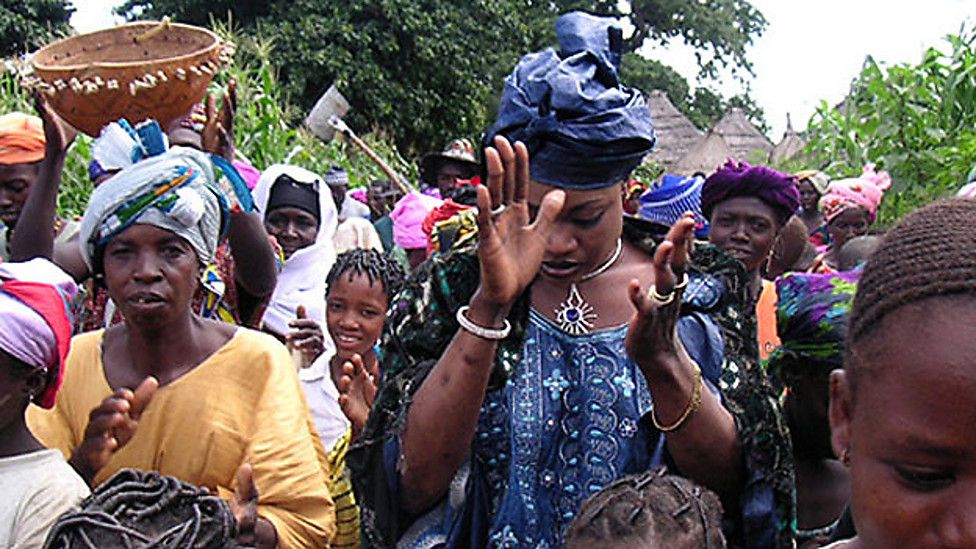
Today, the BBC has unveiled a new archive of world music, allowing you to sample the musical traditions of more than 40 countries. India, Corsica, China, Cuba, Iran, Brazil, Mozambique, Turkey – they’re all represented in this eclectic collection of indigenous music. Often assuming a fair amount of risk, BBC 3 traveled to each country (including several conflict zones) to record the music. But it pays off when you get to hear the little known music coming out of North Korea, for example. Featuring 100s of hours of free recordings, this archive is now available to a global audience. You can start exploring right here, right now.
Related Content:
Introducing the Free Music Archive
via NZHerald and @freemusicarchiv


I hope the country of Texas is included.…
I think Indian culture is upper then other culture.
While nationalistic ideas might cloud your vision, it’s naive and ultimately short-sighted to say that one culture’s music is better than any other. Music is a dialogue and exchange above all else. When dealing with folk music, it’s also important to remember that the music fulfills a specific function in life and is concerned more with that than preserving “heritage” and denying outside influence. This is also true in classical music styles as well. Specifically, the great musical culture of India, and especially Hindustani classical music, was highly influenced by foreign cultures, especially Middle Eastern music via the Persians and Mughals. Of course, this is a two-way street as well. The Arabic maqam and the Indian raga systems (both Carnatic and Hindustani) are not better than eachother or necessarily more complex, they are just different ways of naming specific groups of frequencies–in fact, they share quite a bit in common (rhythmical modes, quartertones/shruti [more prevalent in maqamat], etc.). Anyway, in some cases on is more complex, in others the other is more complex, but nothing makes one BETTER than the other. All I’m saying is don’t be fooled by nationalistic musical diatribe.
@yeah, about that
No,no! I think, bloger is right.
Indian culture is really “upper then” others.
Get it? “upper then”! ;-)
LOL
The link for the World Music Archive is now:
https://www.bbc.co.uk/programmes/articles/1QYgDsWdg6pfC7gSf3VCSD7/world-music-archive